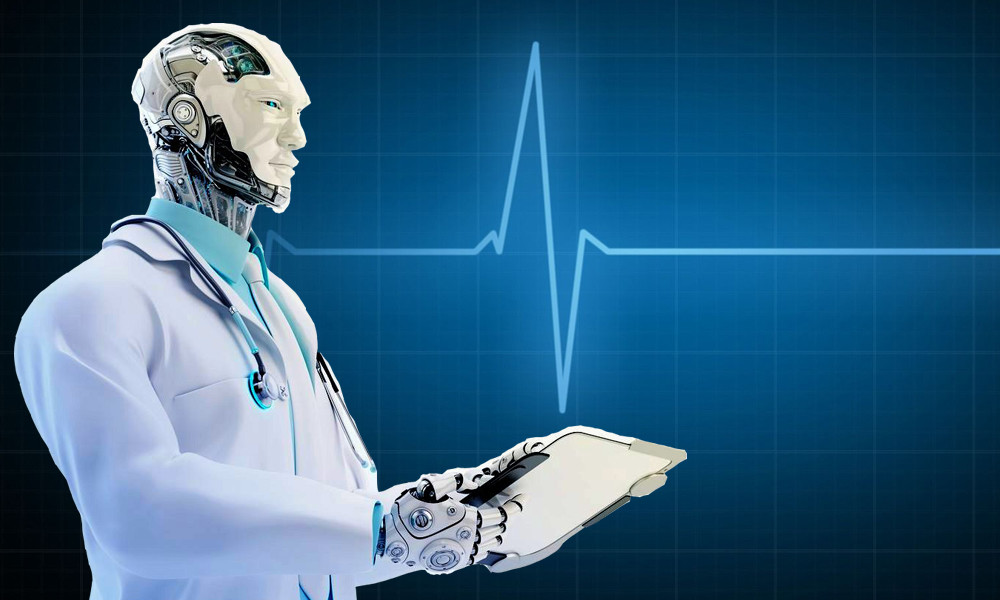The bladder is a vital part of the urinary system, responsible for storing and releasing urine. Maintaining bladder health is essential for overall well-being and quality of life. Problems with the bladder can lead to discomfort, frequent urination, and other symptoms that impact daily activities.
This article will explore common bladder conditions, symptoms to watch for, and practical tips for keeping your bladder healthy.
The Role of the Bladder
The bladder is a hollow, muscular organ located in the pelvis that stores urine produced by the kidneys. When the bladder fills, signals are sent to the brain indicating the need to urinate. A healthy bladder can hold about 400-600 milliliters of urine and release it voluntarily.
Common Bladder Conditions
Several conditions can affect bladder function, including:
1. Urinary Tract Infections (UTIs)
UTIs are infections in any part of the urinary system, but most often affect the bladder (cystitis). Symptoms include frequent urination, urgency, burning during urination, and cloudy or strong-smelling urine.
2. Overactive Bladder (OAB)
OAB is characterized by sudden, uncontrollable urges to urinate, often leading to frequent bathroom visits and sometimes leakage (urge incontinence). It can significantly affect quality of life.
3. Interstitial Cystitis (Painful Bladder Syndrome)
This chronic condition causes bladder pressure, pain, and sometimes pelvic pain. Symptoms vary and can mimic a UTI but without infection.
4. Bladder Stones
Mineral deposits can form stones in the bladder, causing pain, frequent urination, and blood in the urine.
5. Bladder Cancer
Though less common, bladder cancer is a serious condition that may cause blood in the urine, frequent urination, or pain. Early detection is critical.
Symptoms That Should Not Be Ignored
Be attentive to changes in bladder habits or discomfort, including:
- Frequent urination, especially at night
- Urgency or inability to hold urine
- Pain or burning during urination
- Blood in the urine
- Lower abdominal or pelvic pain
- Difficulty starting urination or weak flow
If you experience any of these symptoms, especially persistent or worsening ones, seek evaluation by a healthcare professional.
Tips for Maintaining a Healthy Bladder
Taking proactive steps can help keep your bladder functioning well:
1. Stay Hydrated
Drink adequate water throughout the day to flush out bacteria and reduce irritation.
2. Practice Good Bathroom Habits
Don’t hold urine for long periods, and fully empty your bladder when you urinate.
3. Maintain a Healthy Diet
Avoid bladder irritants such as caffeine, alcohol, spicy foods, and artificial sweeteners if they trigger symptoms.
4. Exercise Regularly
Physical activity supports overall health and can reduce bladder symptoms.
5. Quit Smoking
Smoking is a risk factor for bladder cancer and other urinary problems.
6. Manage Stress
Stress can worsen bladder symptoms, so consider relaxation techniques or counseling if needed.
When to See a Urologist
If bladder symptoms persist or worsen despite lifestyle changes, consulting a urologist is important. A specialist can perform tests such as urinalysis, urine cultures, cystoscopy, or imaging to diagnose the problem accurately.
Early diagnosis and treatment are key to managing bladder conditions effectively and preventing complications.
Final Thoughts
Bladder health is an important but often overlooked part of overall wellness. By recognizing symptoms early and adopting healthy habits, you can protect your bladder and maintain a good quality of life.
If you notice changes in your bladder function or experience discomfort, don’t hesitate to seek professional care. Urologists have the expertise to diagnose and treat bladder conditions, helping you stay healthy and comfortable. We recommend Lazare Urology.




